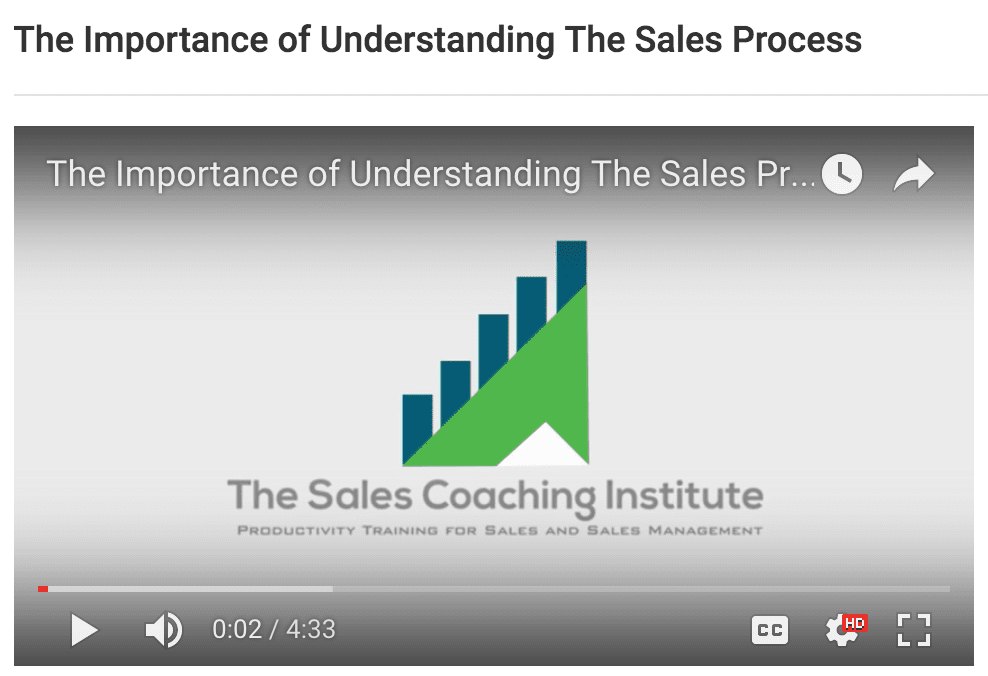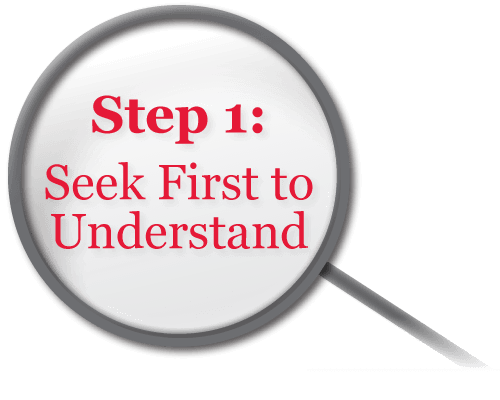Sales teams in most organizations have always been composed of individual people, that have worked on their own within a team unit to compete with each other to get the highest number of sales. Times are changing and businesses are rethinking their strategies in order to enrich how their services or goods are represented in the marketplace.
While sales people can perform well if they work alone, they can become much more productive if they are paired into groups as an actual team. The ultimate goal is productivity and customer satisfaction, not which salesperson can outdo the other. Pairing salespeople into groups will blend their individual unique skills to fully enhance their abilities to create valuable solutions by understanding customer needs and presenting attractive solutions to customers problems. Surprisingly, this approach works much more than it fails.
Below are 7 secrets of a happy sales team
Make Sure Your Team is Complementary
When you are grouping your sales teams together, make sure that their skills complement each other. If all of your team members have product knowledge, but no social skills, then you are going to have a problem. Creating a dynamic team where all members have unique skills will keep the team harmonious and productive.
Leader Involvement
If sales teams are working to pitch products or services relentlessly, while their leader is hiding in an office drinking a cappuccino on a regular basis, then the sales team probably won’t be receptive. Leaders have to lead by coaching and facilitating to inspire their teams. If a sales team knows that their leader is willing to pitch in, then they will be much happier overall.
Related Article:
Sales Leadership: 6 Steps To Becoming An Effective Sales Leader
Communication & Collaboration
For a sales team to be effective, they have to respect each other. The idea is to blend their strengths to create a powerful sales force. Communicating openly and collaborating together is essential if businesses expect their sales teams to excel.
Related Articles:
Effective Communication Skills For Sales Professionals
How To Brainstorm With a Group
Break the Competitive Barriers
Many companies have contests where their sales staff members compete against each other on sales performance. This can cause real friction within the sales team, if those at the bottom feel inadequate. This type of scenario does not give sales staff incentives to work as a team, because then they would be hurting their own position. Shifting the main focus to overall team performance will keep sales teams much happier.
Allow Sales Staff to Have a Voice
Sales personnel’s input could be valuable to improving overall sales productivity. Team member engagement boosts morale, to where they feel like they are valuable. People who feel valued perform much better than those who don’t, and they are much happier with their jobs.
Recognition Goes a Long Way
Everyone wants to be patted on the back for their achievements. It’s human nature. Recognizing your sales staff members for good performances will keep them happy and inspire them to continue to do a great job. If they feel like they aren’t getting any recognition at all, then they will probably not be as productive.
Advancement
If sales team members feel like they have the opportunity to improve their careers through coaching, supervising, or in other positions, then they will be much more focused and driven, knowing that they have a goal to work towards. If their position has no opportunity for advancement, then they may end up feeling as if they are trapped in the position. Rewarding sales members for their efforts by promoting from within will keep their morale elevated.
Keeping a sales team happy isn’t hard to do, but the methods that actually work will vary from company to company. It really just depends on what resources each individual company has. However, even though they may be implemented differently, the things that keep sales teams happy are universal. Learn the secrets of a happy sales team and watch your productivity and profits soar.
Learn the secrets of a happy sales team and watch your productivity and profits soar.
A great sales team…
- Compliments Each Other
- Has A Great Leader
- Communicates Effectively
- Does Not Compete Against Itself
- Is Listened To
- Is Recognized
- Has Opportunities To Advance
Related Articles:
Sales Recruiting: How To Hire & Retain A Players To Drive Revenue For Your Sales Team
5 Things To Consider Before Investing In A Sales Team
5 Sales Talent Recruitment Strategies To Build A Sales Dream Team
Doug Dvorak is a certified speaking professional and sales coach that motivates teams and individuals across the nation. Team building programs and keynotes are available upon request.








 Your fourth challenge is deciding how to formulate a pay structure that works for you. Compensation plays a large role in driving behavior within your sales team. Will you pay your sales force with a base pay along with commission, salary alone or completely commission? The Sales Coaching Institute offers great advice and programs dedicated to Sales Compensation Strategies that can help you develop
Your fourth challenge is deciding how to formulate a pay structure that works for you. Compensation plays a large role in driving behavior within your sales team. Will you pay your sales force with a base pay along with commission, salary alone or completely commission? The Sales Coaching Institute offers great advice and programs dedicated to Sales Compensation Strategies that can help you develop 


